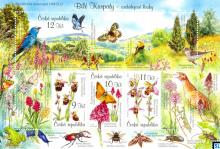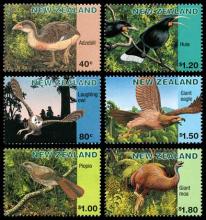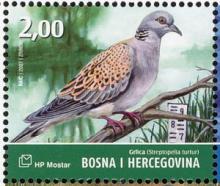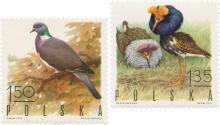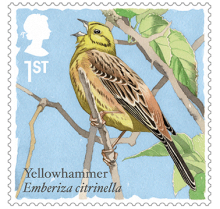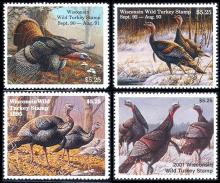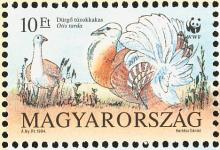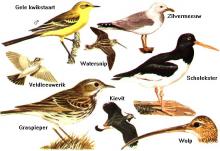The drivers of worldwide insect decline
- Read more about The drivers of worldwide insect decline
- Log in to post comments
Pesticide use is driving an “alarming” decline in the world’s insects that could have a “catastrophic” impact on nature’s ecosystems, researchers have warned. More than 40 per cent of insect species are at risk of extinction with decades, with climate change and pollution also to blame, according to a global scientific review. Their numbers are plummeting so precipitously that almost all insects could vanish within a century, the study found.

